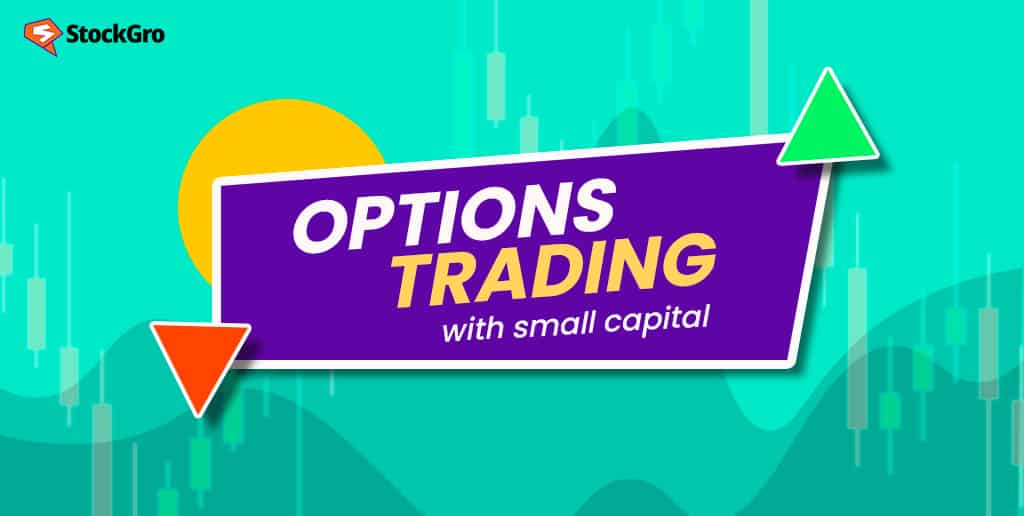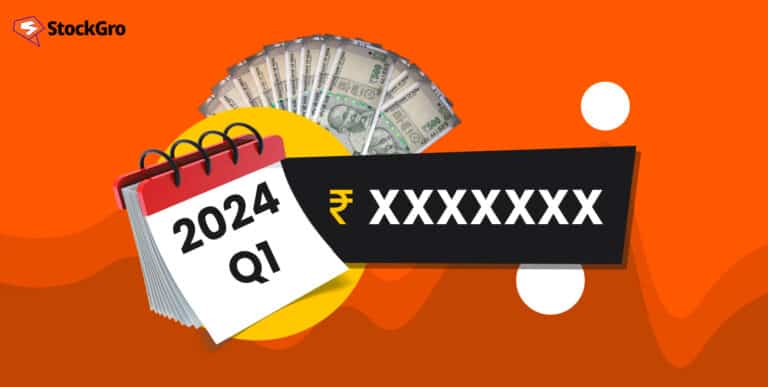
There was a time when very few Indians would take the “risk” of investing in the stock market. But with the technological boom pushing gen-y into online trading, Indian investors and traders got bolder.
And amidst lockdown, salary reductions and job loss, many are desperately trying their luck in this playground. Accordingly, investing in options with low investment has become a popular trend. Ever wondered why newbies in the investment world try options trading over others?
The following could be the answer to how to trade in options.
How to trade options with less capital?
In trading options lingo, you can call any trade which is under Rs. 2 00,000 a small amount of capital. Most of the new-age traders would not invest beyond that. And you would not expect them to shell out all their investments in trade, which is unknown to them.
As the market trend shows, these young investors primarily concentrate on options, which can be either calls or puts. In particular, commodity options tend to be a tad trickier to get hold of.
Irrespective of your experience in online trades, if you wonder how to do option trading in the right manner, then the following takeaways could be helpful.
You may also like: Futures vs. Options: Differences every investor must know!
How to grasp the options market before diving in?
Unlike the cash market, options belong to the technical market, enabling future trading. Given market volatility, predicting outcomes becomes challenging. While aiming for substantial profits is natural, it’s crucial to realise that counterparties also seek high returns.
Consequently, only one party’s expectations may be fulfilled. Therefore, being realistic and acquiring options trading knowledge is essential prior to investing.
How to start trading with a small investment?
Before you commence trading, decide on the amount of money you can comfortably part with. Set a budget, and consider how much money would not affect your daily life.
And NEVER invest more than what you might afford to lose. When starting with limited capital, try not to put everything you have into this investment. Rather, identify your appetite for risk, and utilise capital of 10%-20%.
And rather than entering multiple trades together, does it not make more sense to conclude 1-2 contracts simultaneously?
You should not forget that many investors take options to be wasting assets. That is the reason why they do not have a long shelf life, as well. Hence, here’s a small tip – keep limited exposure.
Also Read: Index Options: Understanding its types and function
How to choose the most accurate holding period for options trading?
The holding period is important to determine the profit amount you might earn from options trading. Since the options trading requirements allow the investment to be kept until the term of trading expires, many traders tend to keep it for a long time. But holding it for a longer period can enhance the chance of losing on this trade.
Choosing options with a relatively short holding period can be smart for any investor. This can be helpful to break down or break out zones. This makes it easier to exit the trade immediately when needed.
When should you stop?
Even if you feel like continuing a trade because it has good earning potential, try not to hold it for more than three days. And whenever the trade’s expiry approaches, you can reduce the time frame and try intraday trading.
Can the number of stops and targets be predefined?
As a part of minimum-to-trade futures, you can utilise different online calculators to work out your ideal range of target and stop. You can align the options to these analysed and calculated targets and stops. This can help to maximise gains and minimise losses.
How not to get into the ‘hot tips’ and impulsive buys?
So you have a neighbour or a friend who has just earned an insane amount from one definite option contract? You can congratulate him and simultaneously remember that it hardly means that the same contract can hit the jackpot for you! Rather, it can be a shining example of impulsive purchases.
When a stock shows tendencies to surge big, it might have a similar favourable move on the contract of that very stock. You might blame it on its shorter shelf life, but expectations of stock price do not always align with options trading.
And speaking of the “hot tips” which are available aplenty from some self-proclaimed experts and analysts, ensure to do your own research before any investment. Your results would be far better than what you would manage by getting swayed away by such experts’ tips.
How to trade in liquid options?
The shortcut is to concentrate on the frequently traded options. Also, focus on the ones that have high volume. Such options are most likely to have near-accurate pricing. In the future, you will find them easier to sell or buy.
Moreover, take care of the difference between the maximum price the purchaser agrees to pay and the lowest price the seller agrees to. It is better known as the bid-ask spread among investors.
Also Read: Do all technical analysis tools work equally well?
When does the option expire?
It is important to understand the expiry dates of the options that you would be trading in. A smart move is to let go of options that would expire within a few days. Investing in them can be a real risk.
On the contrary, options that have a few months’ shelf life can help you see how they react to the various market movements.
How to utilise the stop-loss orders?
Basically, these orders allow you to access any opportunity at a pre-decided rate. It triggers whenever the price goes below the already set level. Setting orders for stop-loss can help to keep your losses under check. It is particularly helpful when the price of any option plumps below a certain level.
Should you give the relatively “unknown” a try?
The plain answer is ‘NO”. There will always be a threat of unknown derivatives and stocks in the market. There could be events going on that might leave with a little-known market impact. If you trade during such events, it can lead to a big loss. So plan only after such events pass.
In the derivative market, fear unknown is there. You do not know which event will create what impact on the market. If any such unknown event is there, it’s best to avoid trading during that period.
Go with the practical approach
While you might start options trading for an amount lesser than INR 2 lakhs, you must keep a careful eye on where and how you put the money. The key to making it big in trading is to get the right education and utilisation of your practical experience.

